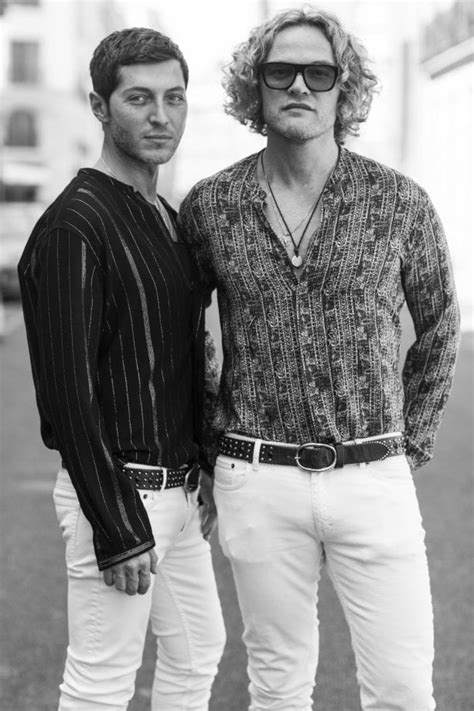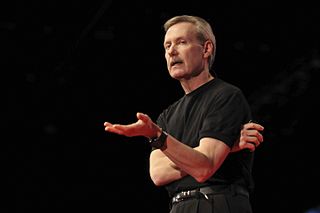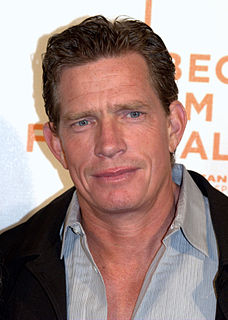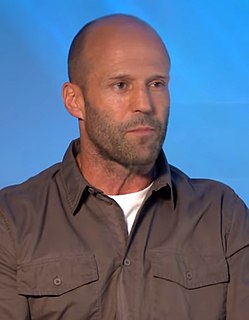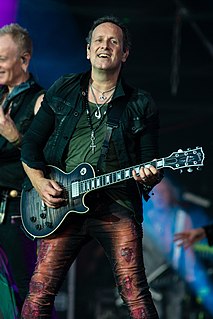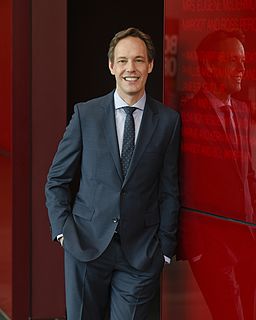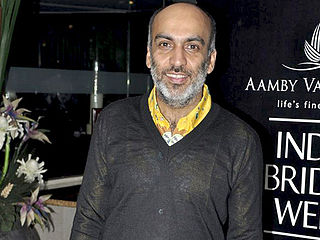A Quote by Peter Dundas
Working for an older house is a great opportunity, but it's also a big responsibility. The fortunes of a lot of people and families are based on what the results of my collections are, and how successful they are on a commercial level, and how big an impact they have on a trade level as well. So I think I'm a little bit more chill about that.
Related Quotes
You never know how a film will play, whether it will be successful or not, or whether it will touch the audience. I always said to myself that whatever happens, big audience or small, that I would not let the results have an impact on my way of working. But it would be a bit silly for me to change my methods when I have a big success. That means my methods work well.
The trade schools closed, so young Black men don't know how to build a house, or put a roof on a house or build cabinets anymore. We used to go to school to learn how to make ourselves useful in the trades. Then a man by the name of Samuel Gompers, a Jewish fellow, brought tradespeople from Eastern Europe, unions started and kept us out. We're having a problem on the national level, on the state level and on the local level because it's telling us that the White man doesn't want you anymore. You have no place in his house anymore except to be a little flunky around the door.
If there's a big problem and you've got the right people with you, usually the answer emerges and you do what's the obvious thing to do. I don't think of myself as some great manager or great leader. I've been very lucky to be in the positions that I've been in. I meet a lot of people and I've grown a lot of companies, and I meet a lot of CEOs at big enterprises. I'm always so surprised at how much they seem to know. It doesn't always seem to be correlated to how well they actually do.
I think setting goals is critical; having deadlines for ourselves- how much by when? Too many people have these big dreams where they want to have a big house on the ocean. But until we say what ocean, how big, what day, our conscience doesn't know what to do with that information. A positive expectancy, a positive attitude, a belief that your dream is possible is also helpful.
How do we make hockey more affordable? How do we get it into more households? How do we keep it part of the conversation? Those are things that will help us not only increase registration numbers from a grassroots level but also deepen the player pool from the senior national team and the elite level.
I like when I tweet about Tony Hawk. A lot of times, people think it's true; like, I've tweeted about having lunch with him a lot, and people are like, 'Oh, how was he?' or, like, 'Do you have a pic?' I don't know how to explain it. He's right at the level where people could almost believe it, but it's also a really weird pairing.
I have a lot of projects I get asked for, but the opera house really is my house - my home. It's where I feel comfortable and confident and I get to explore these big human stories and dramas and collaborate with extraordinary people, great talented artists and administrators and other people who are passionate about it and support it. It's like working with a great big family - the family you love and enjoy being with all the time.
After I got out of law school and worked in a big law firm, I thought, there are so many kids like me, in my neighborhood, that could be here if they had more support from their families, better financial aid. But the gap is so wide once you miss that opportunity. So I was always interested in figuring out, How do you bridge that? I felt, as a lawyer, when I was mentoring and working with kids, that I gained a level of groundedness that I just couldn't get sitting on the forty-seventh floor of a fancy firm.
